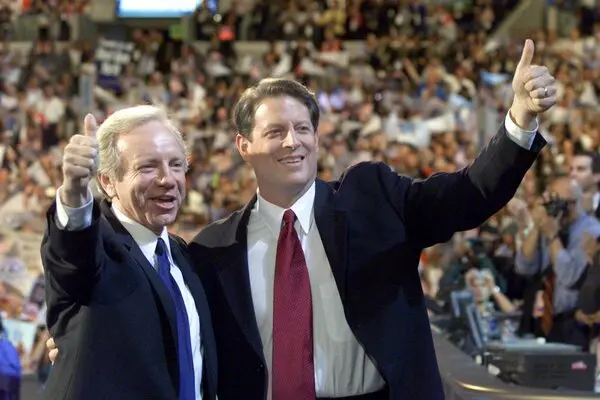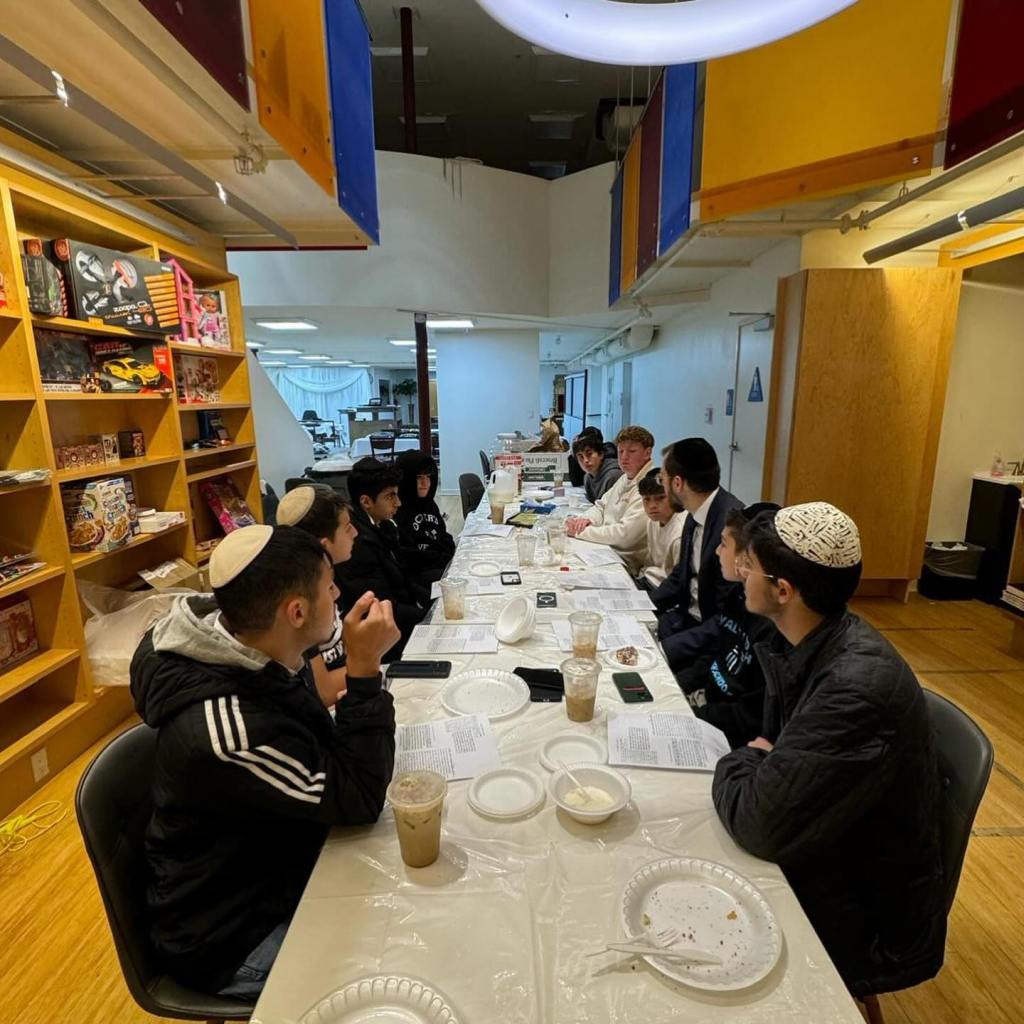Unless you have been living under a very large rock there is no doubt you have heard the term “snowflake”—a derogatory term placed on someone who gets easily offended. Commonly used to put down people on the left side of the political spectrum, a snowflake believes that they are, for some reason or another, entitled to special treatment.
Recently, however, American society has been seeing an uptick in outrage over the tiniest of details. Whether it is coming from a person suggesting that Boy Scouts should only admit boys, or whether it comes from an actor protesting injustice in American society, there seems to be a manufactured, nationwide outrage whenever someone voices his or her opinion.
The process seems to flow like a Mad Libs game.
A person/company/celebrity makes a statement/advertisement/joke that offends liberals/conservatives/hippies. Later that evening, NBC/CNN/Fox News runs a segment that further fans the flames by showing tweets from celebrities/politicians/corporations admonishing the treacherous act. The news is shared all over Instagram/Facebook/Reddit and more outrage ensues. Then, all of a sudden, a counterculture emerges. People come out from their holes and start defending the perpetrator of the act. Defensive articles/tweets/memes start gaining traction that fuel both sides of the fued. Lastly, in a shock move, the defendant himself releases a statement that doubles-down/apologizes/states innocence and the world seems to move on in 24-48 hours, just in time for a new firestorm to emerge.
Last year, Pepsi released an advertisement with celebrity Kendall Jenner. In the ad, a mild protest seems to take place while a generally upbeat song plays in the background. Jenner, who is doing a photoshoot, sees the procession pass and joins with a Pepsi can in her hand. Jenner then walks up to a police officer and hands him the Pepsi. The officer then drinks it and the crowd goes wild.
Was the ad cringy? Yes. But were they trivializing the Black Lives Matter movement which major publications like Time Magazine had you believe? I doubt it.
It is common practice for big corporations to release “woke ads” in order to pander to a base and possibly give their customers a meaning to buy their products. It is actually good PR; a person buys a product that makes himself feel good because he attributes it to a larger social issue.
In our world, however, we only see one side. People, especially in our generally right-wing Jewish community, see the outrage as coming from “left-wing snowflakes” who feel as if they deserve special treatment.
But what if I told you that it comes from both sides? In fact, some of the more famous and recent outrages over statements or actions have come from the right.
“That is not true” you might say. “We right-wingers will never get offended over an advertisement.”
Yet, just recently that exact scenario just happened.
On January 14, Gillette, a popular razor-brand and care company for men and women, released an ad targeting “toxic masculinity” and showing support for the #MeToo movement.
In the ad, retro commercials are shown with men ogling at women while a voice over says, “is this the best men could be?” Two boys are seen fighting while a line of adult men are repeating in the same robotic tone, “boys will be boys.” At the end, the men in the ad are seen taking initiative, breaking up the fight between the two children, protecting women from predatory men, and a father telling his daughter to repeat “I am strong” after him. The ad ends with a plea to men to act proper because “the boys watching today will be the men of tomorrow.”
Not so bad is it? Well, according to some, it was bad enough in order for them to burn their Gillette products or switch to Dollar Shave Club and Harry’s, two of Gillette’s biggest competitors.
To what extent companies believe in their message is a discussion for another time. After all, how can both Gillette and Nike, two of the biggest companies targeted because of controversial ads, tell us what to do when they are big employers of child labor? The main idea here is not the issue of the companies, but rather the emotions that come out as a result of them.
We constantly see comments or articles written that criticize one side or the other of being too sensitive, then when something comes out which they do not agree with, they act in the exact same sensitive manner.
Sensitivity is a good thing. It defines our boundaries and allows us to not intrude on others. But when did we get to the point where we were making fun of other people’s sensitivities in addition to expecting our feelings to be treated with respect?
When the NFL was dealing with its players kneeling for the National Anthem this hypocrisy was at its highest point. Veterans, politicians, even players themselves were either vehemently attacking or forcefully defending the kneeling players. It got to the point where President Trump, a well-known critic of political correctness, tweeted regularly about the “disrespect’ shown by the players to the United States. In a Fox & Friends interview, Trump asserted that players who do not stand for the anthem should not play, or even be in the country for that matter.
“You have to stand proudly for the national anthem or you shouldn’t be playing, you shouldn’t be there,” Trump said. “Maybe you shouldn’t be in the country.”
Whether or not players should be forced to stand for the anthem is a whole new can of worms, but what interests me is that a person who represents a significant portion of the “anti-PC culture” can go on such a rampage over the seemingly insignificant actions of others. Was the president being a hypocrite? Or was he simply standing up (no pun intended) for what he believes in?
We as humans really want to have an attachment to something. Whether it is a person, idea, or group, our emotions are totally invested in what we believe in and any attack on it, no matter how small, can seem almost world ending. That’s why, whether it be the National Anthem, religion, or even gender identity, if someone does not agree with our vision it is almost as if our fundamental cores are being attacked.
This issue does not escape the clutches of Valley Torah students.
Due to the fact that liberals are very underrepresented at Valley Torah, there seems to be zero tolerance for opposing viewpoints. In classes, no matter what is being taught, basic ideas such as LGBT rights, or even if a political figure opposes President Trump, all I hear is more of the same. Names such as “stinkin’ liberal” is a common attack for anyone, student or not, who suggests an opinion that goes against the popular philosophy, even if the spoken opinion is a usual one.
It also a normal practice for Valley Torah students to get angry when their own opinions are opposed. I do not believe that this comes from a malicious state of mind, rather that there is only one viewpoint at Valley Torah, and that when nothing can contest this, students are shocked that another side even exists.
How can we change this at Valley Torah? How can we make people realize that just because someone voices his or her opinion does not mean it is a personal attack on you?
It is not easy, but what I suggest doing is a more comprehensive political education, some of which is already being done.
The Juniors in AP English Language just read Between the World and Me by Ta Nehisi Coates, a book that almost has nothing to do with the students reading it, but still an important one.
Written in a format of a letter to Coates’s son, the book details the reality of living as a black man in the United States. Although it may seem irrelevant to Jewish students, the book opens up an entire new world of someone who may be living down the street.
In today’s world we are being fed the information we want. Whether it is through Instagram’s or Facebook’s complex algorithms, or whether it is based on the news or books we read, people filter out the opinions they do not want to hear while at the same time gorge on the stuff that make us happy.
That is why a diverse selection of books that stem from both sides may be one of the ways to fix this problem. Understanding how different opinions are formed, or reading viewpoints that you are not comfortable reading is the way to true growth. Without this, we are not educated individuals with opinions, we are simply robots who do as commanded.
Eli Solomon is the Editor-in-Chief of the Valley Torah Scroll, and a Co-Captain of Valley Torah Wolfpack Baseball





Leave a comment